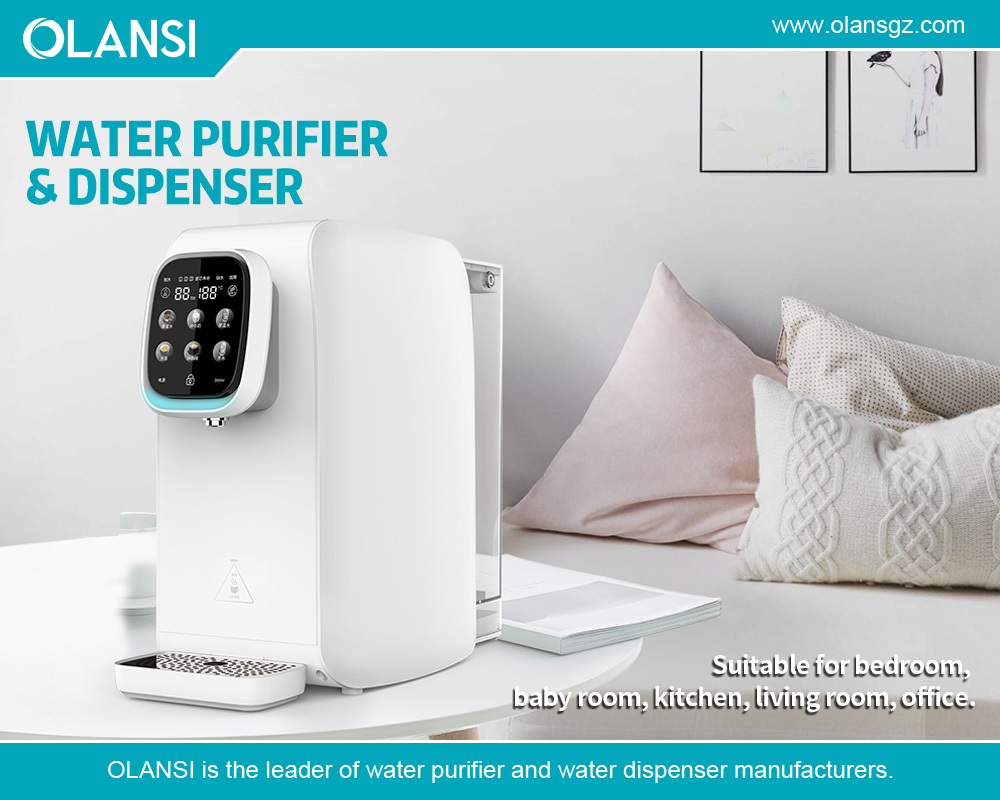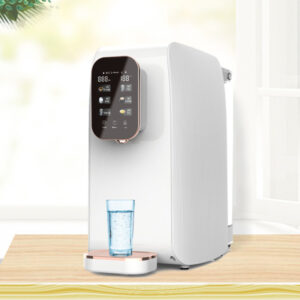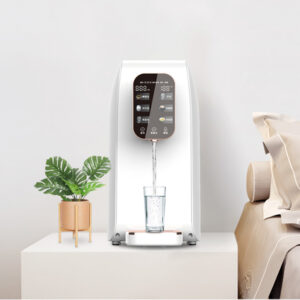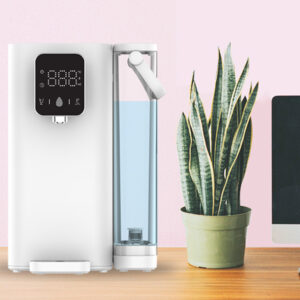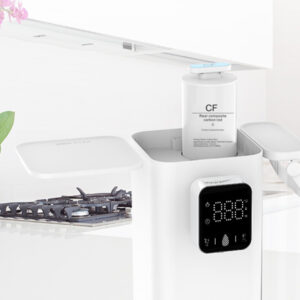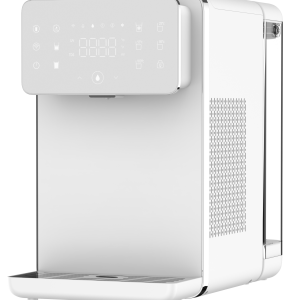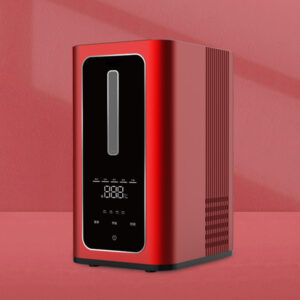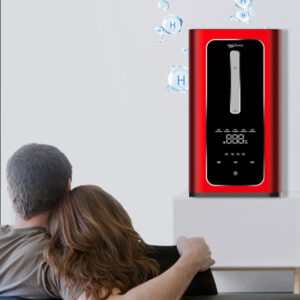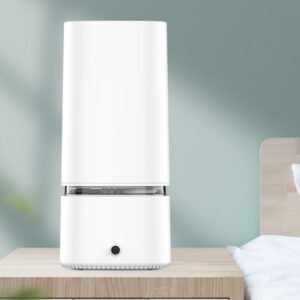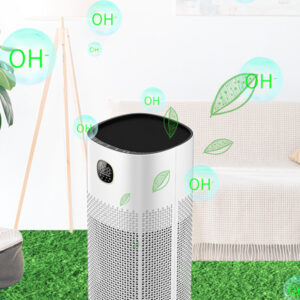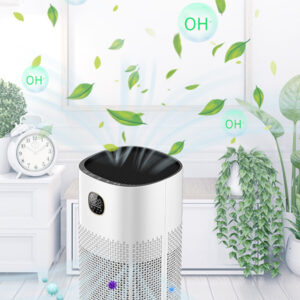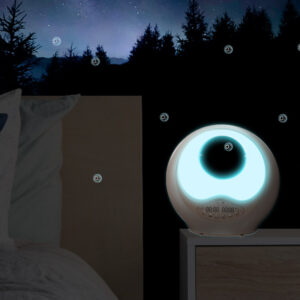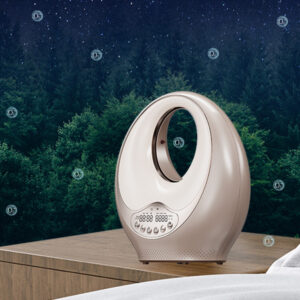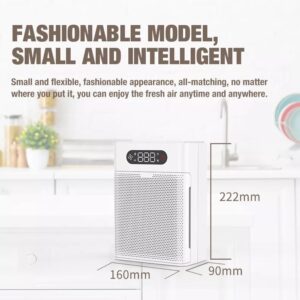Water purifier manufacturer in Vietnam: A guide to buying water purifiers
Whether they come from a water purifier manufacturer in Vietnam or India, water purifiers are something every home should have. They are significant in preserving the health of the people in the house or the office. An excellent water purifier can save people from getting infected with dangerous waterborne diseases which may happen as a result of drinking contaminated water.
Why do you need a water purifier?
Everybody needs pure and clean drinking water. But the problem lies in the fact that not everybody can access pure and clean water. From Vietnam to India, people consume contaminated water, many people in these regions depend on tanks or groundwater. In most cases, the quality of such water sources is poor because of possible contaminants like high TDS, cysts, bacteria, and heavy metals. To ensure safe and clean water, many people all over the world are using water purifiers.
Are water purifiers only for people with contaminated water?
Water purifiers are not meant only for people living in Vietnam, Bangladesh, India, or Syria. It is also meant for people in cleaner countries that want to ensure that their water is 100% pure and clean.
Types of commercially-available water purifiers
You can currently find various types of available water purifiers in the market. They are classified into three main different types such as:
RO water purifier: This type of water purifier is highly effective. It works very fast and can be used to reduce water hardness.
UV water purifier: They depend on ultraviolet rays to work. They work very fast and only get rid of simple water contaminants.
UF water purifiers: They are also known as gravity-based water purifiers that work based on pressure filtration. They are highly portable and do not use electricity.
Choosing the storage capacity for your water purifier
When buying a water purifier, you will need to decide on the storage capacity of the tank. Whether you are buying the appliance for your home or office, you will need to decide on the right tank capacity based on the number of people available in the location. Whether you are buying a water purifier for your home or office, you can calculate the tank storage capacity as follows:
- For every 1 or 2 people, you will need a 4 or 5-litre capacity water purifier.
- For every 3 to 4 people, you will need between 6 and 8 litres
- For every 5 to 8 people, you will need to buy a water purifier of 10 litres and bigger.
Water purifiers plus hot and cold water
While water purifiers are meant to produce clean and pure ordinary water, there could also be other products with additional functionality. Water purifiers can be designed to feature spouts for hot and cold water. This means that after the water has been purified, it can be consumed as hot or cold water. However, it is important to know that water purifiers with additional hot/cold water spouts are more expensive.
Electric and non-electric water purifiers
Water purifiers can be offered as fancy electric appliances or cheaper non-electric machines. The non-electric options will get rid of all types of impurities. Many non-electric options work based on the UF technology for sediment filtration and carbon filtration. They used these filtration processes to get rid of the smell and taste of Chlorine. The electric versions will mostly work on bacteria, viruses, and dissolved solids which can usually be found in water located in urban areas.
Two important steps to choosing the perfect OLANSI water purifier
If you are looking to get the best water purifier, there are two important steps involved. These are:
Check the quality of water: You should find your tap water source. Then test this source for TDS, salinity, and hardness levels.
The purification technology that you need: Based on your water source and its quality, you should be able to choose the right water purifier with the most suitable purification technology that works best for you.
Drinking water and TDS
TDS means total dissolved solids and is used to indicate the number of dissolved solids in a given sample of water. TDS is used to measure the cleanliness of a certain body of water. It can also be used to measure the drinkability of certain water. To be able to determine this, you will need to know the TDS linked to drinking water. Generally, it is known that the most suitable water that humans can consume should have a TDS value of between 50 and 150.
Buying a water Purifier: Things to consider
So you want to buy a quality water purifier, they are highly recommended for pure and clean water. Whether they are manufactured in Vietnam or India, the following parameters will help you choose the right water purifier for your home or office. These are:
- Water consumption rates:Water purifiers are offered in different capacities. Therefore, if you want to buy one, the first thing you should know is the required capacity.
- Flow and pressure of water:A purifier has a filtration process that is boosted by great water pressure. You should know the water pressure and flow in your area.
- Tap water quality:Knowing the tap water quality gives you the basic information you need to buy the right type of water purifier.
- Durability:Water purifiers are made from different external materials. This means that you should always consider durability when buying one.
- Budget:Your budget should help you decide on the right type of water purifier to buy. However, never sacrifice quality for budget.
- TDS levels of the water: You should buy your chosen water purifier based on the water’s TDS levels. You need to understand the meaning of this parameter to make the right choice.
- Maintenance: You should consider the maintenance needs of a certain water purifier before buying it. Office water purifies will usually need more maintenance and servicing in comparison to those kept in the house.
- Filtration Technology:Water purifiers are engineered with different filtration technologies. The type of filtration technology that you choose depends on the TDS level of the water in your home or neighbourhood. You should know the TDS level of the water in your house to choose the right filtration technology.


